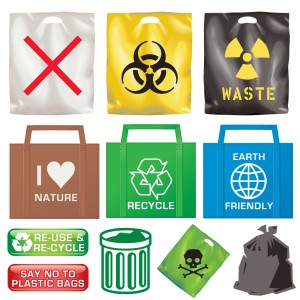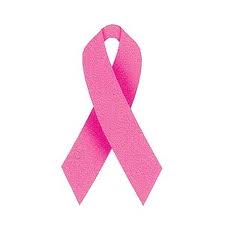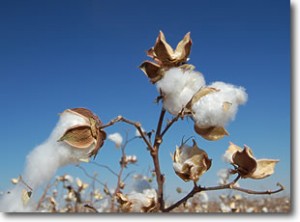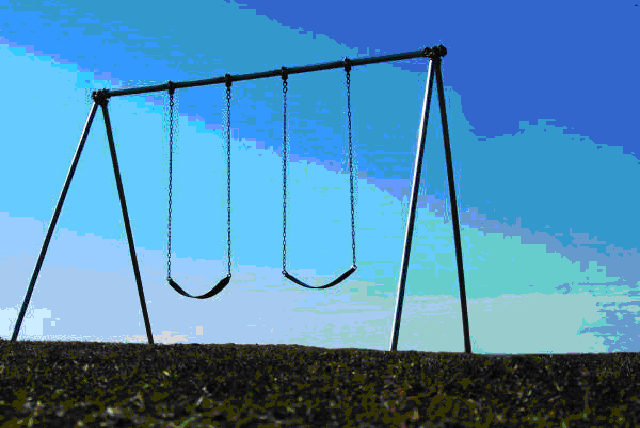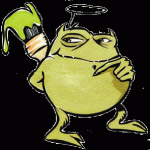Apple picking is undoubtedly one of New England’s most anticipated fall activities. Unfortunately, apples tend to be heavily sprayed with pesticides. One study found evidence of 42 different pesticide residues on apples!
Luckily, New England is home to a growing number of certified organic apple orchards. The following orchards use organic growing practices or are certified organic, which means that they have been produced and handled without the use of synthetic chemicals (Organic Foods Production Act of 1990). 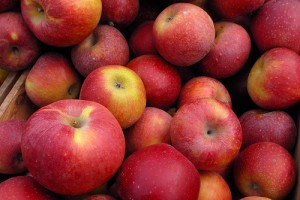
Maine
Raven Hill Orchard
225 Ossipee Hill Road, East Waterboro, Maine 04030 - 207-247-4455
In addition to more than 30 varieties of organic apples, this orchard also boasts a bakery and café filled with homemade, organic coffee and pastries. Their website invites the visitor to come “walk the orchard or sit by the fire,” making this an extremely inviting place to pick your own.
Sewall Organic Orchard
259 Masalin Road, Lincolnville, Maine 04849 - 207-763-3956
Sewall’s orchard is the “oldest organically certified orchard in Maine” and is located on the south side of Levensellar Mountain, making it also one of the most scenic apple picking spots in Maine.
Vermont
Shelburne Orchards
216 Orchard Road, Shelburne, Vermont 05482 – 802-985-2753
Located on 80 acres overlooking Lake Champlain, Shelburne Orchards is another scenic apple picking spot that offers a 10 acre section of organically grown apples. This orchard also won the first ever “Sustainable Farm of the Year Award” in 1997.
Dwight Miller Orchards
511 Miller Road, East Dummerston, Vermont 05346 – 802-254-9635
This farm has been certified organic since 1996, and in addition to pick your own apples, the farm has pumpkins and squash. Definitely worth the trip, as the website claims that the Miller family has been cultivating the same land since before Vermont was a state!
New Hampshire
Alyson’s Orchard
615 Wentworth Road, Walpole, New Hampshire 03608 – 603-756-9800
Alyson’s follows organic growing practices and boasts 50 varieties of apples, including heirlooms.
Lost Nation Orchard, located in Groveton, New Hampshire, will unfortunately not be offering pick your own this year, but is a great resource for growing your own organic apples!
Know of other organic orchards? Let us know about them by leaving a comment!
